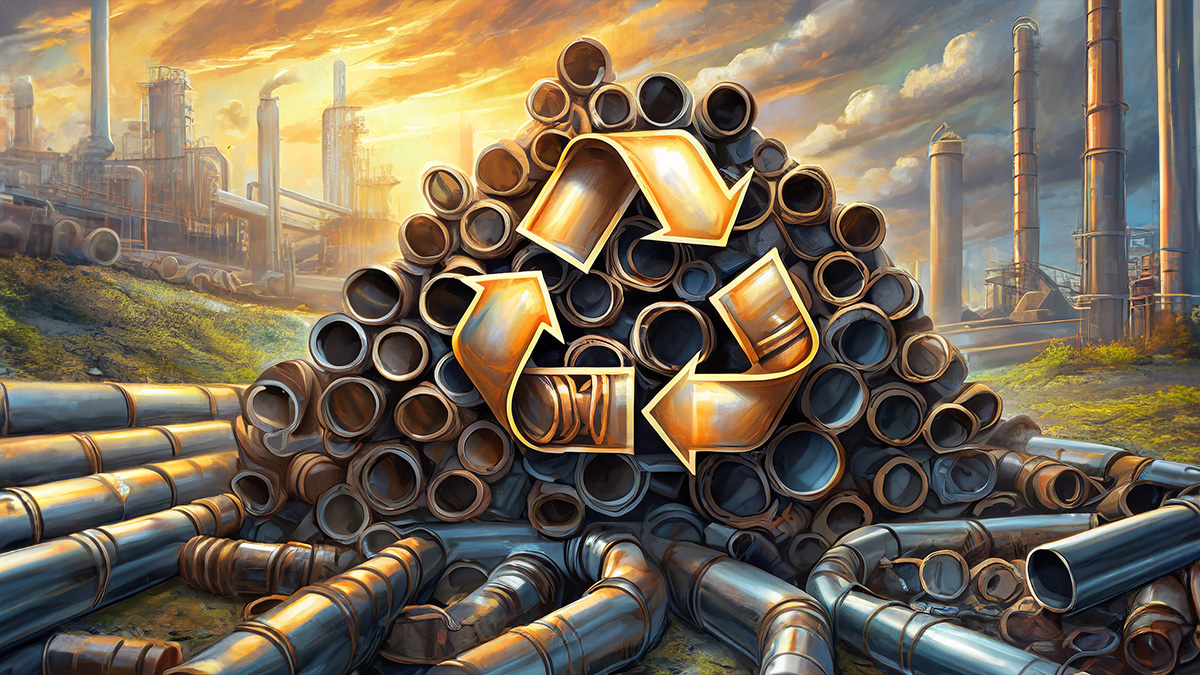Ultimately, reducing emissions and waste in manufacturing will require a complete transformation of the industry as a whole.
Businesses have long followed the same energy-intensive and less efficient practices to help them operate and sustain their operations. However, with a shift to being more aware of the impact businesses have on the environment; manufacturing accounts for over a third of the energy produced in total, is it possible to enact changes in manufacturing to help reduce emissions and become more energy efficient?
Sustainable Manufacturing
Making changes to how you operate is the way forward, and finding alternative methods to what you do can help you start making the required changes.
But in the first instance, as a business, you need to identify your most significant energy use areas and know why exactly this consumes so much energy. Could your transportation options not be as efficient as they need to be, thus using more fuel to get your products where they need to be? Or could your technology and equipment be outdated and not working as well as they could be? Another issue could be a failure to adopt modern technology, resulting in more energy and supplies being used.
On the flip side, if you are efficient to the point where a lot of your processes are automated, then this is great. With that said, you may find that you’re often unaware of when your equipment needs maintenance or replacement parts. An automation parts supplier, or Lieferant von Automatisierungsteilen should be able to help you, even if you need parts that are obsolete, so you can keep your company as efficient as possible.
Ways to Make Manufacturing More Sustainable
Transport
It makes sense that you look towards your vehicles when reducing the impact of your business. Moving to an electric fleet for making long-haul deliveries might seem like a long way off, but great strides have been made in this area. These days, heavy trucks EV manufacturing prototypes show precisely the future for heavy trucking and how it can be a viable part of your greener plan going forward. As well as heavy trucking options, you can invest in electric vehicles for use within your plant or for employees to carry out duties, deliveries, meeting clients, etc.
Closed Loop Manufacturing
Closed-loop manufacturing (or the circular economy as you know it) is the process of designing products and the processes to create them so that they can be recycled. This process can make you more efficient and reduce the waste you provide, as everything is designed to be reused or recycled continually.
Work with Sustainable Suppliers
Your suppliers can play a massive part in how sustainable you want to be. If they’re already implementing renewable energy sources in what they do, using recycled materials or adopting greener policies, you can leverage this to support changes you want to make. If not, you can start looking for suppliers whose values match your own to help you incorporate a more sustainable approach.
Educate Employees
Helping your employees see the benefits of being more sustainable with their work and the resources they use can support the changes you want to make. It takes an army, as they say, and while you might be fully onboard with the changes and are bringing them in quickly if your employees aren’t following suit, this will undermine all of the work you have put in thus far.
Making your manufacturing business more sustainable isn’t easy. It won’t be a fast process and will likely be something you must work towards for the long term. But starting with minor changes, making a difference to what you do and how you operate, you can start on this journey and reap the benefits of a greener way of operating.



